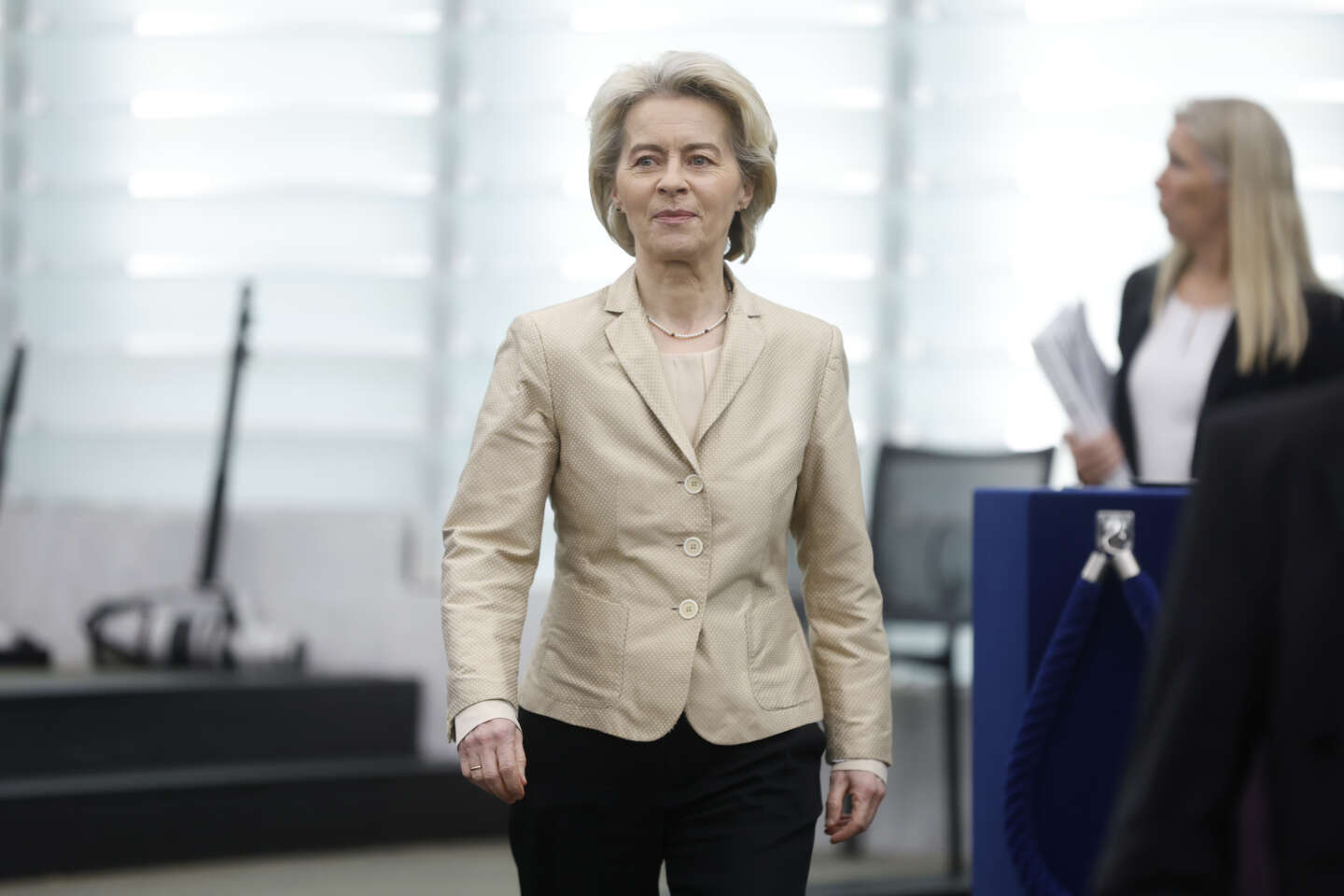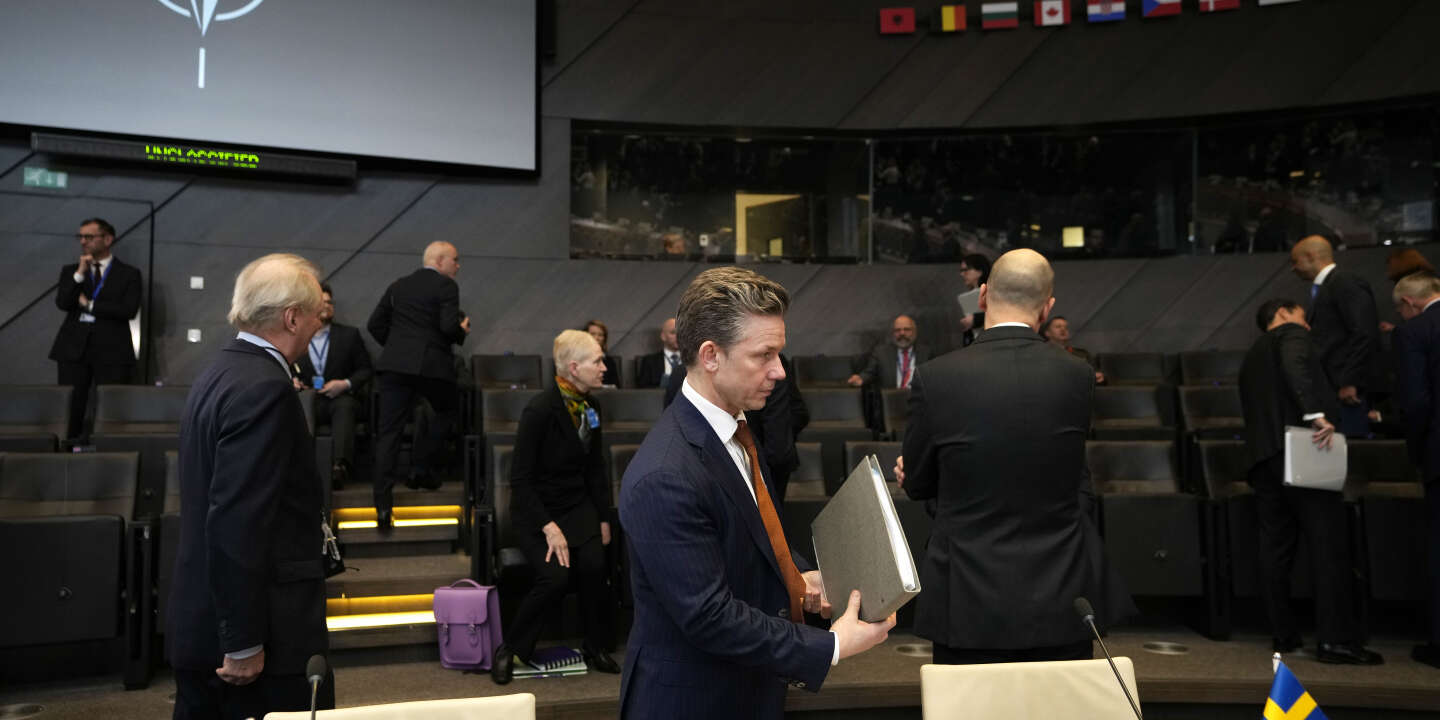Follow polling day live

About 7.3 million Senegalese voters (out of a population of 18 million) have been called to the polls on Sunday March 24 to elect their republic’s fifth president. This is the 12th presidential election since the country’s independence in 1960.
The election was at the center of a political crisis in February when President Mackie Sale decided to cancel the vote, which led to demonstrations that were suppressed by security forces. The vote was then postponed for ten months by a vote of the National Assembly. After a month of hesitation that alarmed national opinion and part of the international community, the date for the presidential election was finally set for March 24 – before the expiry of Mackie Sale’s mandate – following a constitutional decision by the Council.
🗳️ What is the voting system? ?
In Senegal, the President of the Republic is elected by direct universal suffrage and by two rounds of single-member majority voting. Since the 2016 constitutional referendum, his term of office is five years, renewable only once.
To win in the first round, a candidate must receive an absolute majority (more than 50% of the votes). If none of the candidates achieves this score, a second round is organized within two weeks after the announcement of the results to decide between the first two candidates.
🗳️Who can vote? ?
According to article L.26 of the Electoral Code, any Senegalese citizen aged 18 or over, enjoying their civil and political rights and registered on the electoral roll, may vote in presidential elections. Naturalized Senegalese foreigners who retain no other nationality, and Senegalese foreigners who have acquired nationality through marriage are also authorized to vote, unless opposed by decree by the government.
🗳️ Who are the candidates? ?
For the first time in Senegal’s political history, outgoing President Macky Sale, who has been in power since 2012, is not a candidate.
According to Article 28 of the Senegalese Constitution, any person who holds only Senegalese nationality may be a candidate for the office of President of the Republic. Some candidates were rejected because of their dual citizenship, such as Senegalese Democratic Party (PDS) candidate Karim Wade, who declared his nationality “too late”.
The final list of candidates for the presidential election was announced on 20 January, initially containing 20 names. Only 17 contestants remain after the withdrawal of Rose Wardini – following doubts surrounding her dual Senegalese and French nationality – followed by Czechs Tidian Dieu and Habib Sy, both in favor of anti-establishment candidate Basirou Diomay Faye.
Osman Sonko, a central figure in a more than two-year standoff with the state that has spawned several episodes of deadly unrest, was excluded from the presidential race in January.
➡️ Find our article on the four major presidential candidates here.
🗳️ How were they selected? ?
To be able to contest the presidential election, candidates had to collect sponsorship from registered voters.
According to Article L.121 of the Electoral Code each candidate is entitled to three types of sponsorship:
- A single voter can sponsor only one candidate, knowing that he must have about 45,000 valid sponsorships, or 0.6% of the electorate, with at least 2,000 signatures in seven regions, supplemented if necessary by signatures in the rest of the country or in the diaspora. ;
- Sponsorship of Deputies, which requires each candidate to be sponsored by a list of 13 elected representatives of the National Assembly;
- Sponsorship of elected officials which provides that each candidate can be sponsored by 120 mayors or ward council presidents.
Added to this sponsorship is the payment of a mandatory deposit of 30 million CFA francs (about 46,000 euros) to validate the application file.
🗳️ When will the result come? ?
If the first results are known as early as Sunday to Monday night, it is usually necessary to wait several days before the official results are announced by the Constitutional Council.
Meanwhile, results reports are sent to each divisional court, compiled and then disseminated at the regional level.
Article L.88 of the Electoral Code provides that each region has until the Tuesday following polling day to publish its results. The declaration of results by the Divisional Census Commission takes place after the election, i.e. after midnight on Friday, March 29 this year.
After the declaration of provisional results, candidates have 72 hours to file an appeal.
Once the deadline for the appeals process expires, the Constitutional Council announces the official results and a second round is organized if no candidate receives an absolute majority.
(TagsToTranslate)Africa




:quality(85)/cloudfront-us-east-1.images.arcpublishing.com/infobae/PFCEDIOCO55VXEUUXEYFAFIAZQ.jpg)
